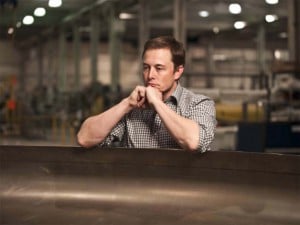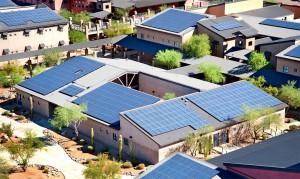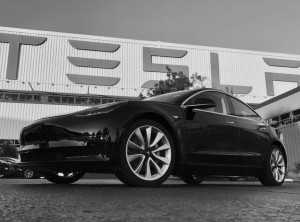A federal judge determined that Tesla and its CEO Elon Musk unfairly targeted those hoping to unionize the company’s Fremont, California assembly plant.
Among other things, Administrative Law Judge Amita Baman Tracy, ruled against the company for requiring workers to get permission to distribute union pamphlets and threatening to take away stock options if the company drive succeeded. She also faulted Tesla for disciplining workers involved in the drive, including one who was fired.
As for Musk, Judge Tracy cited the CEO for an improper 2018 tweet that said that while workers could go ahead with a vote, “why pay union dues & give up stock options for nothing? Our safety record is 2X better than when plant was UAW & everybody already gets healthcare.”
(Autopilot played role in fatal Tesla crash. Click Here for the story.)
The Fremont plant was original built by General Motors but later converted to operate as part of a GM-Toyota joint venture. The Detroit automaker pulled out of the JV when it went bankrupt in 2010, Toyota subsequently closing the facility, the only unionized plant it operated in the United States. The Japanese automakers subsequently sold the factory to Tesla.

Judge Tracy found that Tesla CEO Elon Musk’s tweet improperly threatened to take away a key benefit if workers voted for a union.
When the automaker took over the plant it refused to recognize the United Auto Workers Union and hired an entirely new workforce. The UAW soon began trying to organize those employees, focusing on worker safety and other concerns. But the battery-carmaker quickly made it apparent that it wasn’t going to support the drive.
When Tesla let go of around 700 employees in late 2017, the feud escalated, union proponents arguing that the company targeted supporters. For its part, the carmaker insisted that it only released those who didn’t meet its work standards.
The UAW filed multiple complaints against Tesla in 2017 and 2017, and Judge Tracy subsequently determined the company violated the National Labor Relations Act multiple times.
Among the violations was the 2018 tweet by CEO Musk which, Judge Tracy wrote in her decision, ” can only be read by a reasonable employee to indicate that if the employees vote to unionize that they would give up stock options. Musk threatened to take away a benefit enjoyed by the employees consequently for voting to unionize.”
She also faulted Tesla for interrogating workers about their union activities and advising them that support for the UAW organizing drive was futile.

Tesla and Musk are facing other legal challenges. Among other things, he is accused of putting his own interests ahead of the company’s with the Solar City acquisition.
Tesla has defended itself in the past, claiming it did not attempt to interfere in unionization effort. And the company previously told CNN that Musk’s tweet was simply meant to point out that other companies represented by the UAW did not offer stock options. In fact, all of the Detroit Big Three, Ford, GM and Fiat Chrysler, offer unionized workers profit-sharing programs that Tesla does not have.
Among other steps, Tesla will need to remove disciplinary records for workers punished for union activities and a fired worker must be rehired and get back pay and benefits. It must also lift rules determined to be restricting union activities.
The ruling by Judge Tracy is the latest in a series of actions penalizing Tesla and its CEO. They wound up in trouble last year after Musk tweeted about plans to take the company private and had “funding secured.” That proved to be false and, as a result, the Securities and Exchange Commission not only fined Tesla and its chief executive $20 million each but also required Musk to step down as chairman.
Earlier this year, Musk again ran into trouble by tweeting what the SEC determined was “material” information that could impact Tesla’s stock. He could have been forced out as CEO this time but reached a settlement with the agency requiring him to run any questionable posts by Tesla’s lawyers first.
Tesla recently was hit by a determination that its Autopilot system was active when a driver was killed earlier this year – the latest incident in which that has happened. It also was faulted by the National Highway Traffic Safety Administration for making claims about the safety of the Model 3 battery-sedan that regulators did not find accurate.
Separately, Musk is facing accusations that he has put his own interests ahead of the company’s – among other things with the acquisition of financially troubled Solar City. The automaker has disputed these allegations.
(Tesla Model 3 gets top IIHS rating. Click Here for more.)

